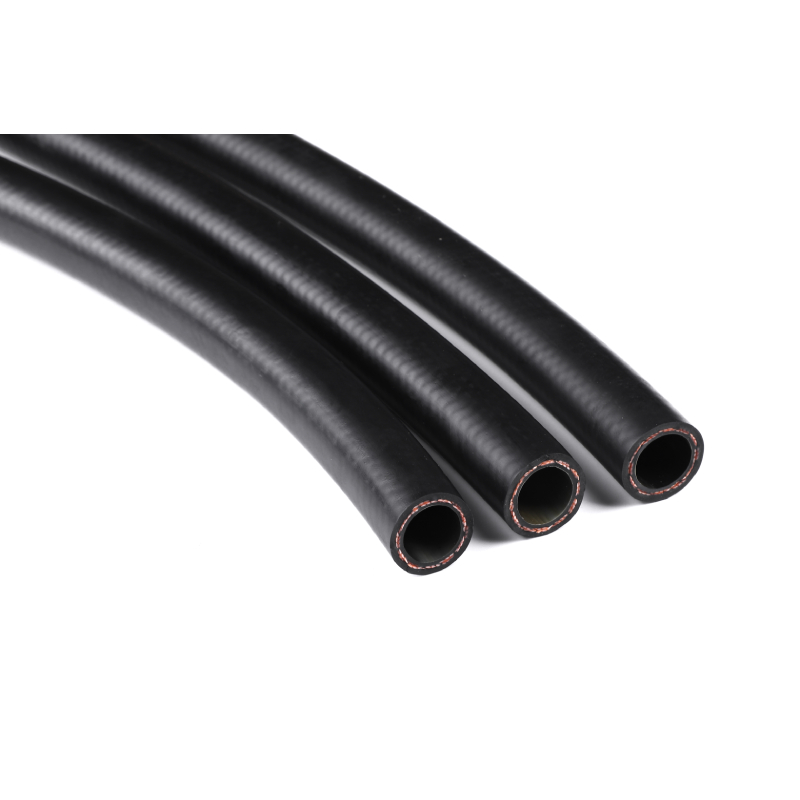truck brake line
Oct . 20, 2024 17:35 Back to list
truck brake line
Understanding Truck Brake Lines Importance, Maintenance, and Safety
When it comes to the safety and functionality of heavy-duty vehicles, the brake system is undeniably the most critical aspect. Among its various components, the brake lines play a vital role in ensuring effective braking performance. This article explores the significance of truck brake lines, their maintenance, and how they contribute to overall safety on the road.
What Are Brake Lines?
Brake lines are tubes or hoses that transport brake fluid from the brake master cylinder to the brake calipers or wheel cylinders. This fluid pressure is what activates the braking mechanism, allowing the truck to slow down or come to a complete stop. There are generally two types of brake lines used in trucks rigid (metal) brake lines and flexible (rubber or braided) brake hoses. Rigid lines are typically used for the majority of the system, whereas flexible hoses are necessary in areas where movement occurs.
Importance of Brake Lines
The proper functioning of brake lines is crucial for several reasons
1. Pressure Transmission Brake lines ensure that the hydraulic pressure from the master cylinder is efficiently transmitted to the braking components. This is essential for effective stopping power.
2. Durability to Extreme Conditions Trucks often operate under extreme conditions, including rough terrains, heavy loads, and varying weather conditions. Quality brake lines are designed to withstand such factors and ensure consistent performance.
3. Safety Faulty brake lines can lead to brake failure, which poses a significant risk to the driver, other road users, and cargo. Regular maintenance of brake lines is imperative to prevent accidents and ensure the safety of everyone on the road.
Common Issues with Brake Lines
Over time, brake lines can suffer from several issues, including
- Corrosion Metal brake lines are susceptible to rust and corrosion, especially if exposed to moisture, road salt, or harsh conditions. Corroded lines can weaken and eventually burst, leading to a complete brake failure.
truck brake line

- Leaking Leaks are a common problem in both rigid and flexible brake lines. A leak in the system will cause a drop in brake fluid pressure, resulting in diminished braking performance.
- Cracking and Fraying Flexible brake hoses can develop cracks or frays due to prolonged exposure to heat, chemical exposure, or simply age. This can compromise their structural integrity and lead to leaks.
- Air in the System Air trapped in the brake lines can result in a spongy brake pedal feel, reducing the effectiveness of the brakes. This usually requires bleeding the brakes to remove the air.
Maintenance Tips for Truck Brake Lines
To ensure the longevity and proper functioning of brake lines, regular maintenance is essential. Here are some tips
1. Visual Inspection Conduct regular visual inspections of both rigid and flexible brake lines. Look for signs of wear, corrosion, or leaks.
2. Check Brake Fluid Levels Regularly check the brake fluid reservoir to ensure levels are adequate. Low fluid levels can indicate a leak in the system.
3. Bleed the Brakes Periodically bleed the brake system, especially if you notice a spongy feel in the brakes. This will help remove any trapped air and maintain optimal performance.
4. Replace When Necessary If you observe significant wear or damage, don’t hesitate to replace the affected brake lines. Investing in high-quality replacement parts is crucial for safety.
5. Professional Inspections Schedule regular inspections with a trusted mechanic, who can check for hidden issues and provide expert advice based on the condition of the brake system.
Conclusion
Truck brake lines are a critical component of the vehicle's braking system, and their maintenance should never be overlooked. Understanding their importance and knowing the common issues that arise can help truck drivers and owners ensure safety on the road. By following routine maintenance procedures and seeking professional help when necessary, you can keep your brake lines in top condition, enhancing both vehicle performance and road safety. Remember, when it comes to heavy-duty vehicles, effective braking can make all the difference.
